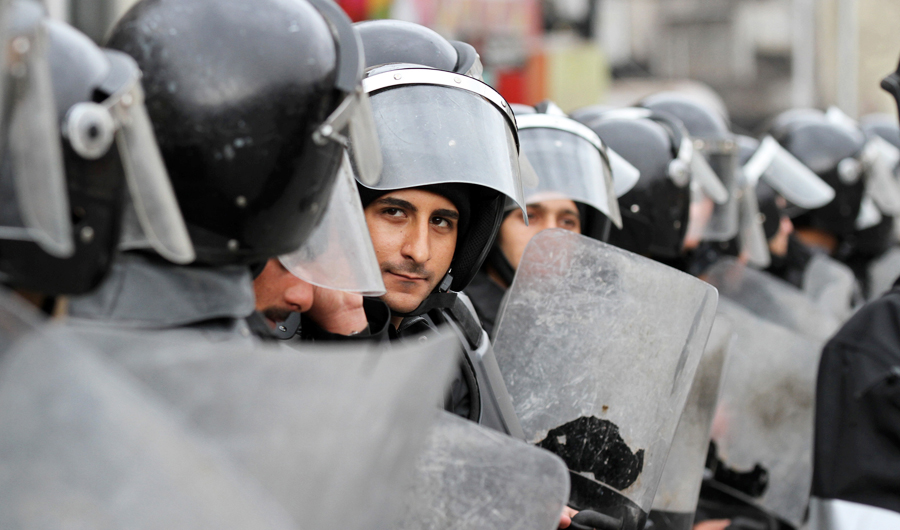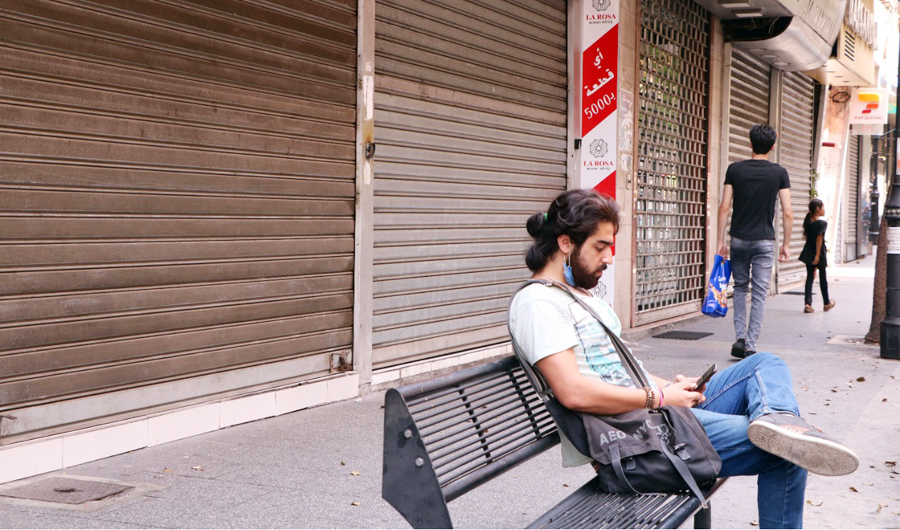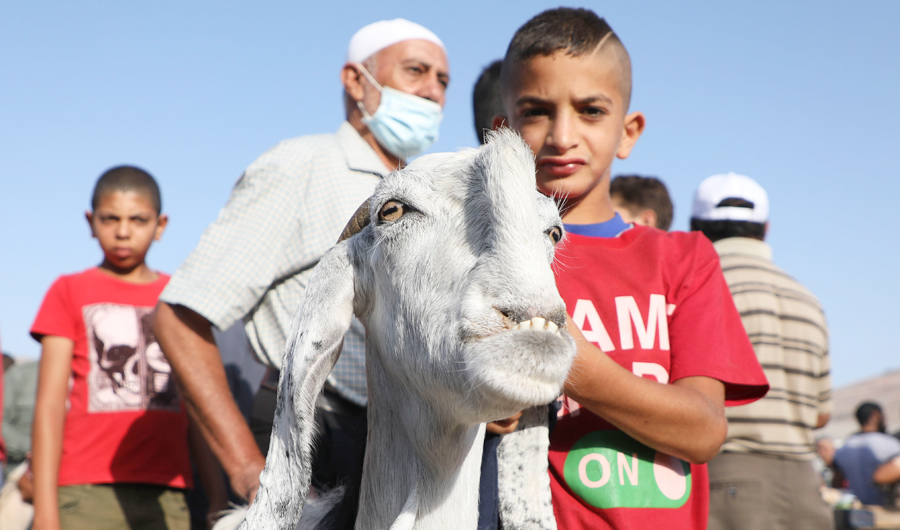Families seek justice for Sudan’s slain anti-Bashir coup plotters
KHARTOUM/CAIRO: After decades of searching for their loved ones’ remains, the families of slain Sudanese officers who attempted a coup against strongman Omar Bashir are demanding the killers be held accountable.
Since the 1990 attempt, they have endured intimidation, arrests and beatings — but Bashir’s ouster in April 2019 spurred hopes that they could finally receive justice.
Last week, investigators looking into crimes during the strongman’s 30-year rule found the bodies of the 28 officers dumped in a mass grave in the city of Omdurman.
The coup attempt came just months after Bashir overthrew the democratically elected government of Sadiq Al-Mahdi in 1989.
The attempt to oust him was thwarted and the officers were immediately executed.
“We have been searching for their graves for 30 years. It was a heinous crime. There was no trial, no investigation and they were executed only 24 hours after their arrest,” said Awatef Mirghani, the sister of one of the officers, Esmat.
“They were all dumped in a single grave, still wearing their uniforms. It was a violation of human dignity,” she said, choking back tears.
In her Khartoum house, Fathiya Kembal keeps at a framed photo of her husband, Bashir Abudeik, in uniform and flashing a broad smile.
The photo, taken as he attended training in the US, bears a black band on one side as a sign of mourning.
It was April 22, 1990 when the couple and their children gathered at a friend’s house for iftar, an evening meal to break the fast during Ramadan.
Abudeik later drove his family to her father’s house, where “he said he would be busy for two days.”
The following morning, she woke up to the news of a coup attempt.
HIGHLIGHTS
• Last week, investigators looking into Bashir’s crimes found the bodies of the 28 officers in a mass grave.
• The coup attempt came just months after Bashir overthrew Sadiq Al-Mahdi’s govt in 1989.
She rushed to a nearby military base to check on her husband. At the gate, she met some of her husband’s colleagues, who avoided her gaze.
“They knew he would be killed,” the 61-year-old lawyer said.
The news of her husband’s execution, along with other coup plotters, was announced on the official Radio Omdurman the next day.
“It was a massacre. (Abudeik’s killing) was an extrajudicial execution,” she said.
The families of the slain officers quickly united to call for justice and find the bodies of their loved ones.
“Our movement was formed in the spur of the moment and has never stopped since with women — wives, sisters, mothers — at its core,” said Kembal.
As they sought answers, they faced a heavy-handed crackdown.
Their protests outside government buildings were violently broken up by security forces.
Many were arrested or banned from civil service jobs. Some were forced into exile.
But their movement found a ray of hope as nationwide protests erupted against Bashir in December 2018, mainly triggered by economic hardship. The families joined the demonstrations, including the protest camp outside army headquarters in Khartoum.
They issued a booklet saying the officers had sought “to restore the democratic rule Bashir had overthrown, win the release of political detainees and bring those who undermined the constitutional order to trial.”
The officers’ bodies have yet to be exhumed, but the families hope their memories will be honored.

Sudan to deploy troops to Darfur after killingsSudan calls for ‘decisive talks’ on Ethiopia dam



